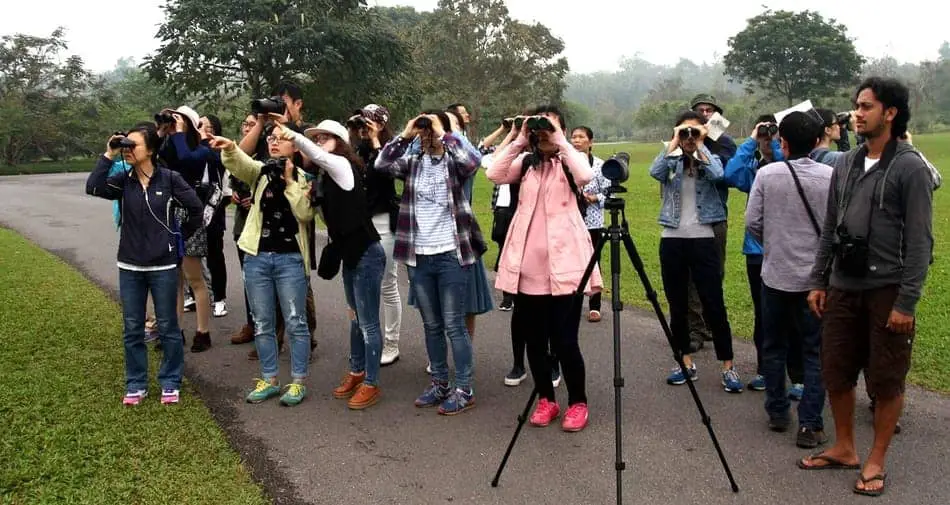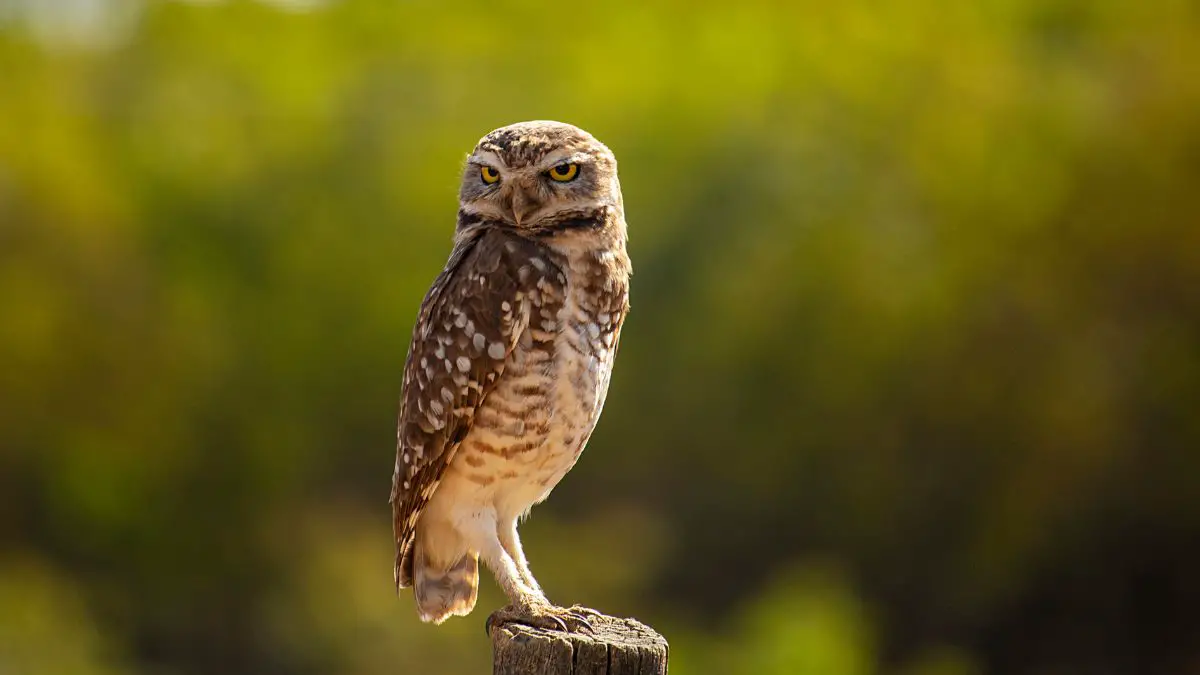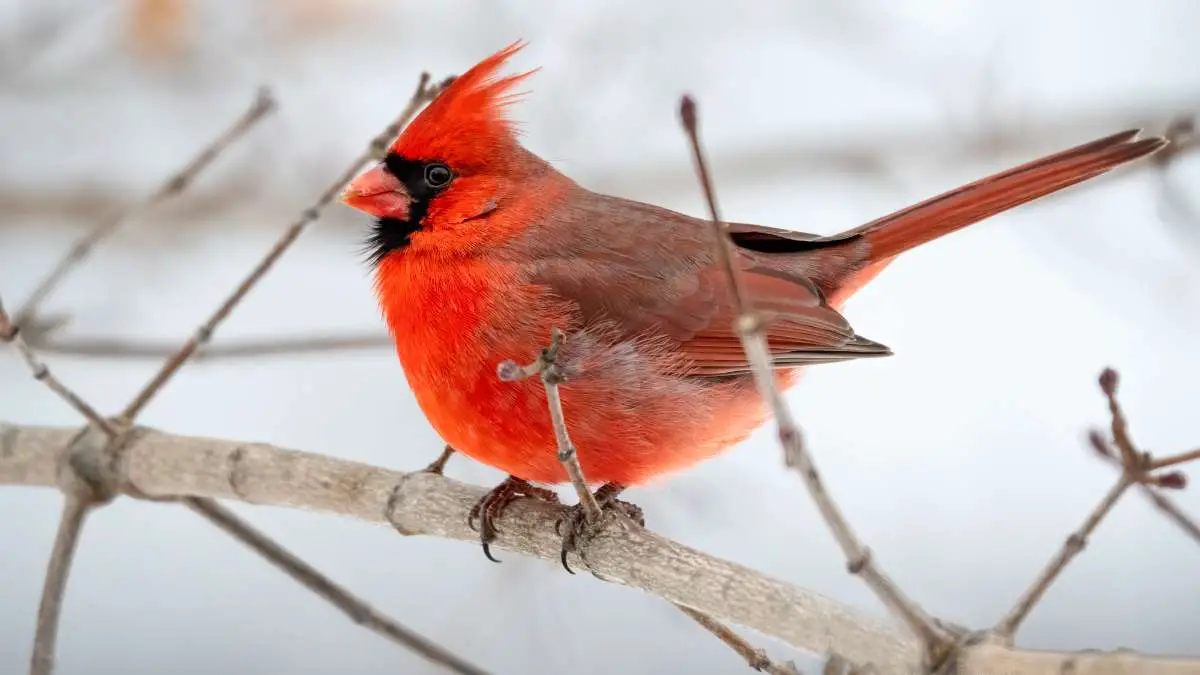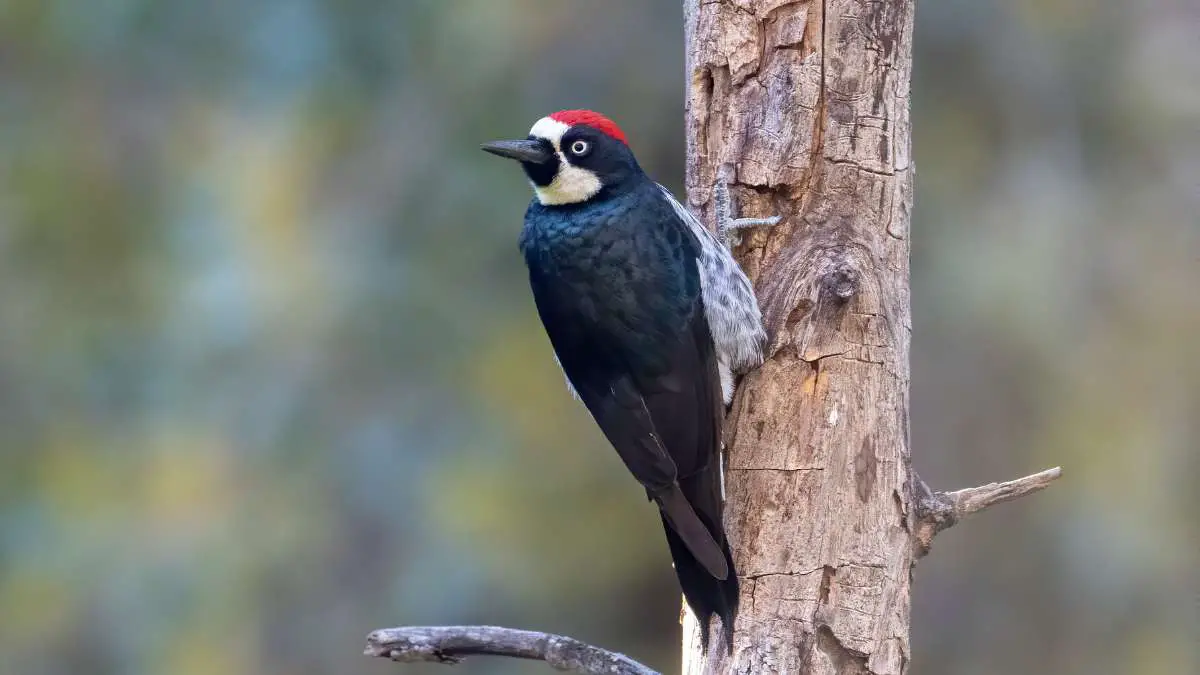There are millions of birders in the globe (about 47 million in the US alone!). Interested in joining the club? Welcome! You don’t need prior knowledge or any expensive optics to start with. Keep on reading to learn the best tips that I can give to any beginner birder who is starting today.
Bird watching is one of the most occupied outdoor hobbies among people worldwide. It helps us to blend with nature easily. Due to that birders are naturally relaxed and birding time is undoubtedly a well-spent time.
And it helps in conservation and environmental education as well. So, let’s do it effectively from the beginning. Here are the ten best tips for you, if you are a beginner birder.
1. Go and See the Outdoor Spots for Birding
One mistake done by most birding beginners is, they don’t explore the outdoors for the best spots/ places for birding. Hence go outdoors and explore the surrounding for vegetation patches, woodlots, streams, lakes, and other natural spots in your area.
Identify the least disturbed few places where you can spend some time. Morning and evenings are the best times you should try birding for the best results. Even a single tree full of fruits is enough to yield a handful of bird species to your list.
2. Blend With Nature and be a Part of It
We, as humans, are part of nature. Nature is very diverse, colorful, and thus beautiful. So, put aside all the burden you carry in your head and blend in the nature when you start bird watching.
Have the toddlers’ enthusiasm to explore nature. Tune your senses to experience it. Test your limits of vision, hearing, and smells. Sharpening your sensory abilities gives you an extra advantage in finding birds outdoors, especially through their calls and songs.
Never use perfume when you go birding. Turn off your mobile or activate silent mode. Since birding time is well spent time, allocate adequate time for it. Do it in a rhythmic way and repeat it, e.g.: mornings on every weekend.
The root course of most of the dissatisfactions in life is that we have detached from nature. So, bird watching is one of the best ways to make that bond again.
3. Use a Sketch Book and a Pencil
Once you begin to see the differences among similarities and similarities among differences in nature (how diverse birds are), you will be surprised to see how many birds you can identify effortlessly. It is not that difficult if you are willing to coordinate your hand, and fingers with your brain.
Start Sketching different birds and put different colors of body features of the birds onto the sketch, color of the beak, head, wings, tail, legs, etc. You don’t need to be a serious artist to sketch a bird, if you can draw lines, circles, ellipses, rectangles, and triangles, it is more than enough to sketch the General Impression of the Shape and Size of the bird (aka GISS).
Once you sketch a bird and added a few notes about the time, date, location, habitat, and relative size of the bird, it will register in the permanent memory in your brain. With that, you have wired many of your skills to finish that sketch which continues to send signals to your brain saying that I’m doing an important task.
Then you can be your own investigator or the ornithologist who can identify the bird using a proper bird guide (book or a mobile APP).
4. Maintain Your Own Checklist and Your Own Observation Journal
There are checklists of birds available specific to countries, regions, or sites. eBird is one of the best platforms to maintain your records online and maintain your checklists.
You can print it out and start ticking on the list as you go and build with the experience you gather when you do bird watching. It will give a nice stimulus to continue the task and so on. These small activities aid in addiction to bird watching and give more psychological energy to find new birds.
Further writing down what you see in terms of behaviors of the birds outdoors in your own experience will open many doors to explore nature further deep. It will arouse many questions when you start to jot down your thoughts on what you have seen.
As sketching in a notebook about what you have seen, writing your experience in a personal journal definitely will enhance the cognitive skills inside the brain to increase your active engagement with the birding.
5. Share Your Experience With Like-minded Friends
Once you start birding, finding like-minded friends who have a passion for birding will not be difficult. Sharing your observations and experience will help them as well as in return you will also receive much information about unusual sightings, birding spots, recommendations on places, facilities, and birding gear.
Therefore, you can post your observation on social media platforms, newsletters, and bulletins, or if you are good enough may be in a birding journal. Discussing your birding experiences with others may help you to identify your weaknesses, and your mistakes in bird identifications as well.
So, don’t be shy or afraid to make mistakes, those mistakes are the golden opportunities to learn the most because you know the exact point where you have made the wrong turn.
6. Do Not Worry About Binoculars Too Early
Binoculars and spotting scopes indeed help a lot in bird watching, but as a beginner do not worry too much about those birding gear.
Of course, if you are willing to invest in a bino go for it, but if you don’t have the budget, still you can watch birds with your eyes. If you can stay calm and immerse yourself in natural surroundings, you don’t need external optics to see the natural beauty of bird behavior.
And also, once you habituate your garden birds, they will come quite closer to you. Because they won’t detect you as a threat. Sometimes if you are lucky and also if you are at the right place at right time, even the most elusive and rare birds will pop up in front of you.
Those moments stay with you as unforgettable events that you can share for a lifetime with other like-minded friends.
7. Attract Birds into Your Backyard
You do not need to spend a lot of money on trips and tours with expensive bird-watching destinations as a beginner. First, you need to see what your surrounding areas have gifted you. There are at least more than 10 bird species even in the most unfavorable environments in the world.
We call those birds super generalists in the field of ecology. So, you can start with at least 10 unknown birds promisingly. Start with that few birds but go deeper into them.
You can easily attract birds into your garden simply by planting a fruit tree or just providing bird feeders or bird baths. Most of the birds do love calm and quiet environments with flourishing vegetation with the least disturbances.
Make your home garden feel much closer to natural feelings. Then you are welcoming birds into your garden. Who knows sometimes you may spot a rare bird.
Once you focus on enriching your home garden with bird-friendly elements such as trees, bushes, bird feeders, and ponds (a water source) if possible, you can enjoy birds at your doorstep to begin the journey in birding.
8. Practice Patience and Mindfulness With Alertness
As a beginner at birding, you need to develop patience. Birds are not waiting for you to come and see but we must wait for the right moment to see the birds.
Patience is an essential quality for anyone to have if he or she is into bird photography because sometimes you need to wait for hours for the perfect behavior act or event to happen. Yet, in bird watching, we need to develop our patience and endurance to surmount difficult and unfavorable conditions sometimes occur in the outdoors (locations like rain forests, and misty mountains).
The other utmost quality you should develop is mindfulness about the surroundings and alertness. If you are mindful enough about the outdoors you won’t miss a single flight movement or a call given by a bird, and being alert about the environment you will be able to track the bird without missing it.
Check out these additional tips to improve your birding skills further.
9. Build Up Your Bird Watching Library
There are thousands of books, field guides, and magazine articles on birds. Depending on the area or the region you are in, you can find a decent field guide to identify birds.
Some of the most popular series of bird identification guides is Helm field guides. They have a series of field guides published for different regions of the world with the most accurate illustrations.
With the help of these sources, you can develop your knowledge about birds gradually. And try to maintain a mini library about birds and wildlife in your home (many keen bird watchers have this in their homes). Try to read, or skim through those bird guides once a day at least.
I used to turn a random page and read it to the end, by doing that you can build many connections inside your brain about different bird species which can trigger the information retrieval system of your brain.
10. Geared Up With the Apps and Knowledge Available Online
Today you can surf a lot of information about birds from your smartphone. There are thousands of websites, blogs, and videos about birds and there are several advanced databases such as birds of the world.
You can subscribe to the largest information repository about birds maintained by the Cornell Lab of Ornithology. And there are online APPs available to enter and maintain your observations such as eBird, where you can monitor, analyze, and maintain your bird checklist, and observations and also help in conservation as a citizen scientist.
Bird identification APPs like Merlin will give you maximum benefit to surf information about bird identification, their distribution, and also the vocals with a couple of touches on your phone.
Practice your hearing on different bird calls by using Xeno-Canto which has more than 630 thousand recordings of bird calls and songs.
Two other sources of media (videos and audio) are Macaulay library and Avocet library.
Conclusion
To conclude, bird watching is one of the cheapest, yet most enjoyable hobbies to have. Since you have decided to become a birder, you should try your first birding out soon and experience the beauty and diversity among birds.
This article gives the best 10 tips for beginner birders to start the journey correctly. You don’t need very sophisticated gear to start with. Train your eyes and ears and learn to be alert. Just with that, you will enjoy birding a lot.
In no time, I am sure you will be planning your first birding tour to explore more. In your birding trip, consider including these 10 countries to see more birds.




